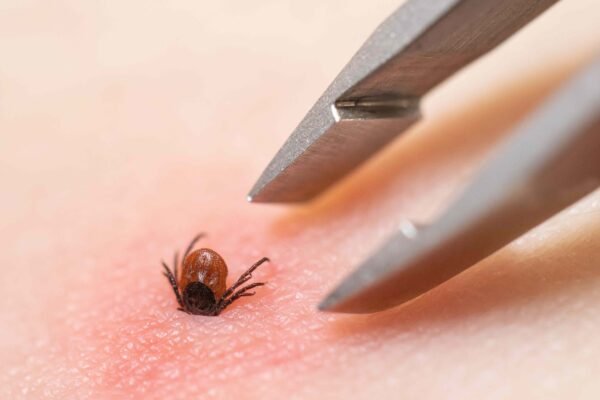
These 3 Foods May Spike Your Risk of Life-Threatening Diseases—Even in Small Amounts
How many processed meats, sugary drinks, and foods containing trans fatty acids are safe to eat? According to a new analysis, not very much. The paper, published in Nature Medicine, found that consuming even less than a strip of bacon or a can of soda per day was linked to a higher risk of type…










